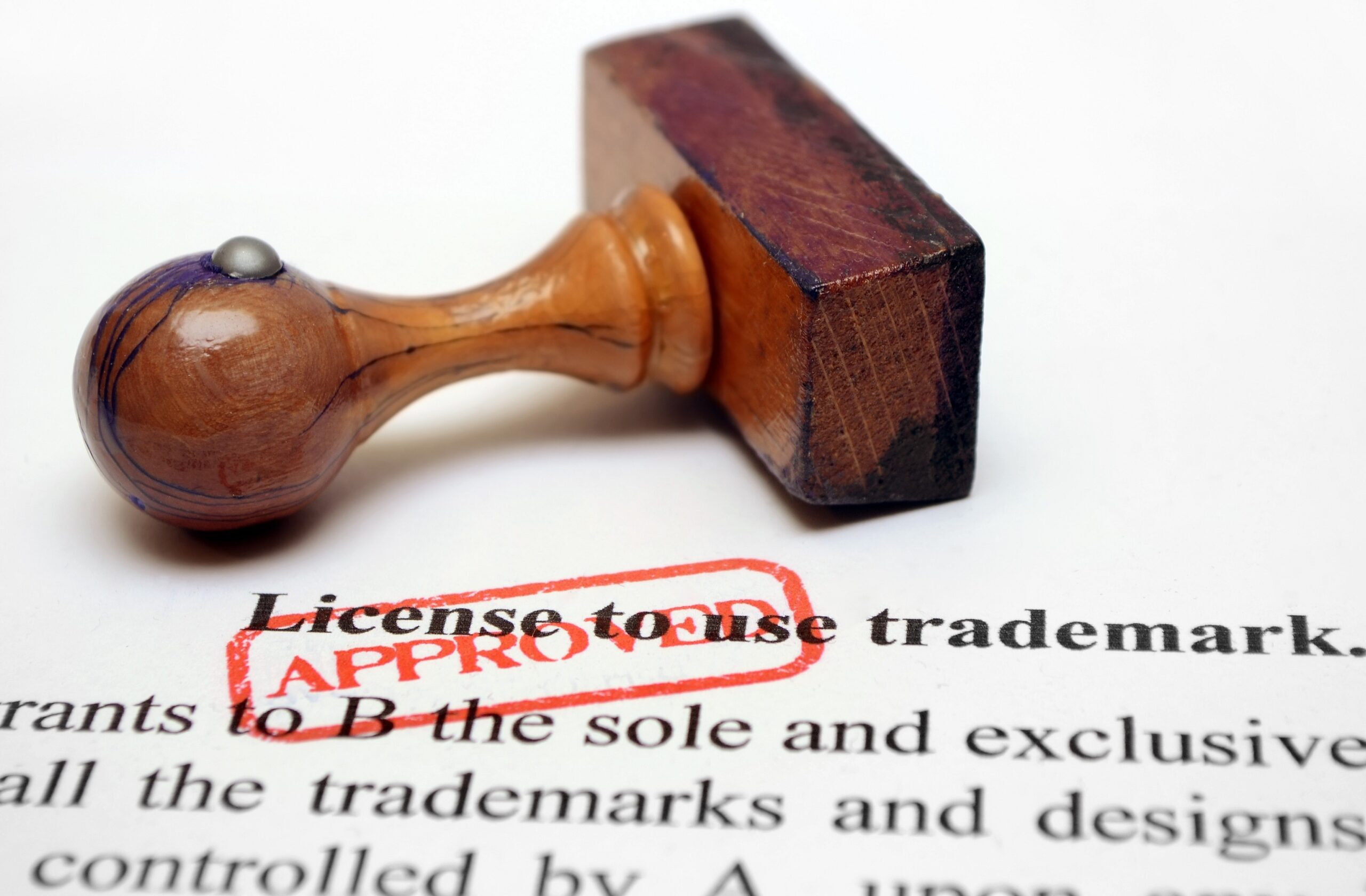Can Intellectual Property Be Sold?

Just like any other kind of property, intellectual property is able to be bought and sold. Unlike physical property, however, there is an added complexity to IP transactions that coincides with the transfer of the intangible value that it possesses. The price tag set on your trademarks, copyrights, or patents is determined by numerous factors, such as market- and cost-based estimates, as well as the perceived value in the reputation and goodwill associated with the branding and marketing for the product or invention. These numbers are highly subjective and can change quickly due to variants in the marketplace. If you are thinking about selling a trademark, copyright, or patent, it is important that the following considerations are made in conjunction with the assistance of an experienced IP attorney to ensure the entire process goes smoothly.
Things to Consider When Selling IP
Because of the subjectivity of the pricing for IP, there are multiple components that should be considered prior a sale. Some of these factors include the current economy and market demand for the goods and services that are offered through or by the intellectual property registrations that you hold, as well as your goals for the future in relation to those product offerings. Selling your IP removes you from the brand or invention’s growth down the road, and perhaps maintaining those ties through licensing and usage agreements is in your best interest. Your IP attorney is well-equipped to help you find the answers to these questions by examining your company’s short and long-term targets, the motive behind selling, and giving you a concise idea of what to expect following a transaction.
Licensing vs. Selling IP
It is important to remember that the sale price does not permanently nail down the value of the registration indefinitely—perhaps the company will grow and become a profitable business, or maybe the invention will flop and not make a dime. Due to this uncertainty, many owners of intellectual property choose to license their IP because of the potentially ongoing-profit opportunity this route can provide. Licensing can be a palatable alternative to selling as it provides a wider safety net and maintains ownership rights for the registrant. For example, as a patent holder, choosing to license your invention will allow you to retain ownership of it while simultaneously receiving royalty payments; further, you can also benefit from future sales of the product.
Making the Decision to Sell
Have a question?
Our attorneys work on a lot of intellectual property matters.
However, should you decide that a one-time sale is more appealing than an open-ended licensing agreement, selling your intellectual property may be the right choice for you. Selling your trademark can help to recuperate some of the fees initially spent with obtaining the registration, while also removing future maintenance and renewal fees from your company’s budget. A booming industry and high market value for your property are good indicators that it may be an ideal time to sell.
If there are still concerns about your IP’s value growing after the sale has occurred, you do have other options available. There are clauses that can be worked into purchase agreements that acknowledge certain sales targets or milestones within a certain timeframe that may still be to your financial advantage. These decisions can be challenging and multi-faceted, so it is often in the owner’s best interest to enlist the assistance of experienced counsel that specializes in intellectual property and these types of negotiations before making the transaction.
Selling Your Intellectual Property
Once you are ready to sell, it is important to know what the transactions for each type of IP can look like.
- Copyrights are able to be sold or transferred as long as the transaction is done in writing. Many copyrights When completing the sale, it is important to have a proper Copyright Assignment agreement done to ensure the rights are transferred from one entity to the next. Because a lot of copyrights are not registered, one of the more common issues in selling a copyright is ensuring the party selling the copyright is the actual owner of the copyright being sold.
- Trademarks may be sold freely so long as the trademark is being actively used in commerce. It is not possible to sell and transfer an “intent to use” trademark application unless certain criteria are met. This rule is meant to prevent speculators from filing trademark applications. Trademarks can also be licensed, but the owner retains the responsibility of ensuring that the mark’s reproduction is used appropriately and that the goods or services it represents meet the same quality standards and use requirements.
- Patents are not profitable alone, though the sale of the invention or licensing of the rights to the patent can be lucrative for the owner. Should the owner choose to sell, they may be able to make an initial profit from their work, though there is no guarantee that the invention will not yield more revenue in the future. In many cases, patent holders choose to create a selective licensing agreement with a single manufacturer, enabling them to retain their ownership rights and closely monitor the invention’s usage while still making an income.
Next Steps in Selling Your IP
Overall, there are many factors to be considered when selling intellectual property. If you are interested in the sale or purchase of a copyright, trademark, or patent, be sure to reach out to an attorney at Gerben IP today. We can help navigate your decision-making process with transactional expertise, ensuring that both you and your property are well-protected and profitable.
Do you need assistance with a trademark matter?
Contact an Attorney Today